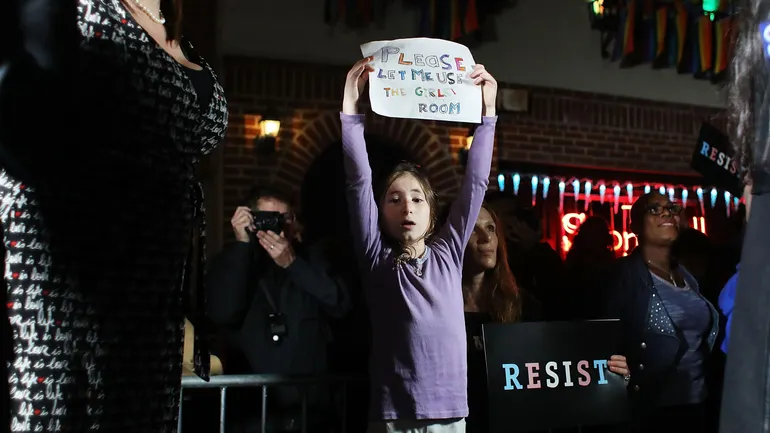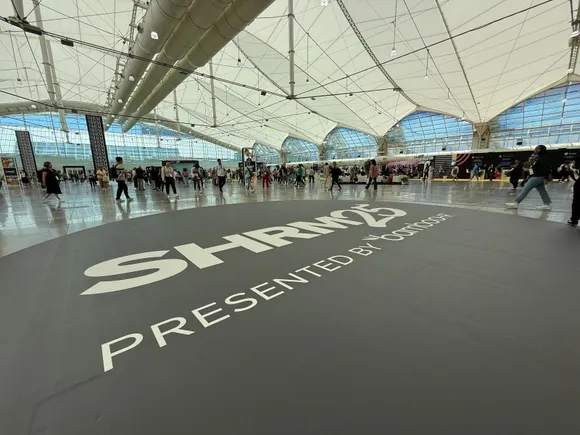Dive Brief:
- Landmark Dodge and Landmark South, an automotive dealership in Independence, Missouri, will pay $275,000 to settle sex-based discrimination and retaliation claims. The compensation must be paid to six women denied sales jobs, eight men denied office jobs, and two HR employees, the EEOC announced on Aug. 28.
- Per the complaint in EEOC v. Landmark Dodge Inc. and Landmark South Inc., Landmark Dodge’s owner told two new HR professionals that women aren’t cut out to be good salespeople and men don’t do well in office roles. The HR pros found that hiring managers were asking sex-related questions and making sex-based decisions.
- In addition to paying the settlement relief, the dealership entered into a five-year consent decree, requiring them to adopt procedures to ensure workers do not consider an applicant’s sex when hiring and to train all workers on such procedures.
Dive Insight:
When the lawsuit was first filed, St. Louis EEOC Acting Director David Davis reminded employers that there is “no justification for sex-segregated workplaces” — and yet, retaliation against workers who “oppose discriminatory employment practices remains a persistent problem.”
The EEOC has previously pursued cases where HR professionals face retaliation for not upholding discriminatory practices. For example, last summer, a Pennsylvania-based construction company paid $50,000 to settle allegations that it retaliated against an HR person who investigated sexual harassment complaints against their company’s general manager.
In 2022, the 11th U.S. Circuit Court of Appeals held that Title VII of the Civil Rights Act can protect HR pros from retaliation when it comes to giving depositions against a former employer. That case, Patterson v. Georgia Pacific, LLC, concerned allegations of pregnancy discrimination at work.
“Wise employers follow the direction of trained human resources professionals who encourage them to hire the most qualified applicants without consideration of sex or other protected status,” a regional attorney for the EEOC’s St. Louis district office, Andrea Baran, said when the EEOC first filed the lawsuit in September 2022.






Leave a Reply